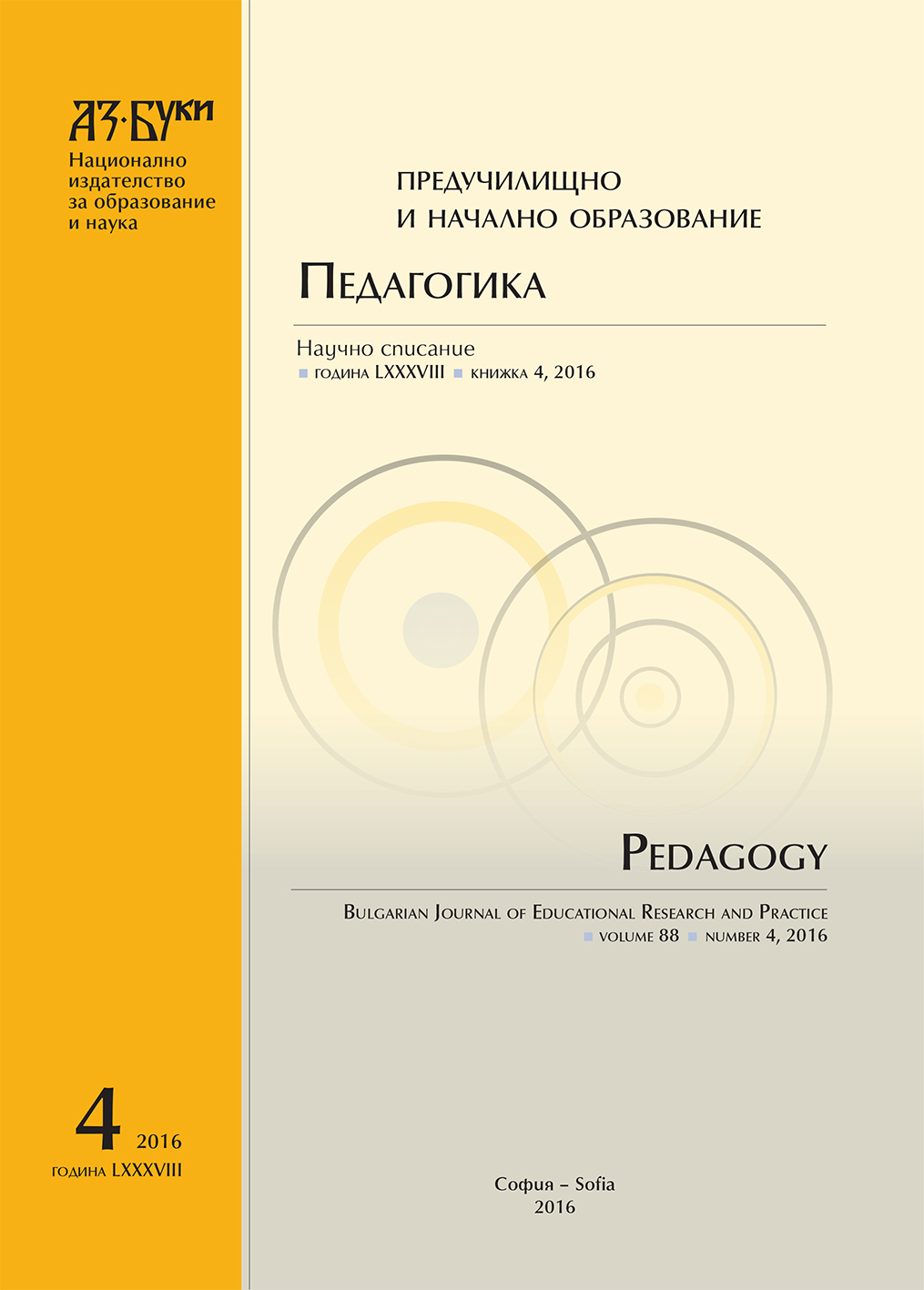Ecological Systems Theory: a Valuable Framework for Research on Inclusion and Special Educational Needs /Disabilities
Ecological Systems Theory: a Valuable Framework for Research on Inclusion and Special Educational Needs /Disabilities
Author(s): Leda KamenopoulouSubject(s): Social Sciences, Education, Sociology, School education, Vocational Education, Educational Psychology, State/Government and Education, Family and social welfare, Human Ecology, Inclusive Education / Inclusion, Sociology of Education, Identity of Collectives
Published by: Национално издателство за образование и наука „Аз-буки“
Keywords: ecological systems theory; qualitative research; inclusive education; special educational needs; disabilities
Summary/Abstract: In this article I critically discuss some of the benefits and limitations of using Ecological Systems Theory (EST) in research on Inclusion and Special Educational Needs/Disabilities (SEN/D). In support for this discussion I draw on reflections from a study I conducted on the social inclusion and participation of young people with dual sensory impairment in mainstream schools (author, 2012). The aim was to explore to what extent the young people were socially included in the mainstream environment and to identify any barriers to their participation. I used EST (Bronfenbrenner, 1979) as the theoretical framework for the study and accordingly perceived the mainstream school as a system, components of which continuously interact and influence social inclusion. The aim of this article is to argue that the conceptual framework of EST is a valuable tool for research exploring inclusion in education of learners with SEN/D, because it helps the researcher focus on the crucial interplay between the individual and the context, in which the individual is embedded. Challenges for researchers adopting this framework are also considered.
Journal: Педагогика
- Issue Year: 88/2016
- Issue No: 4
- Page Range: 515-527
- Page Count: 13
- Language: English
- Content File-PDF

